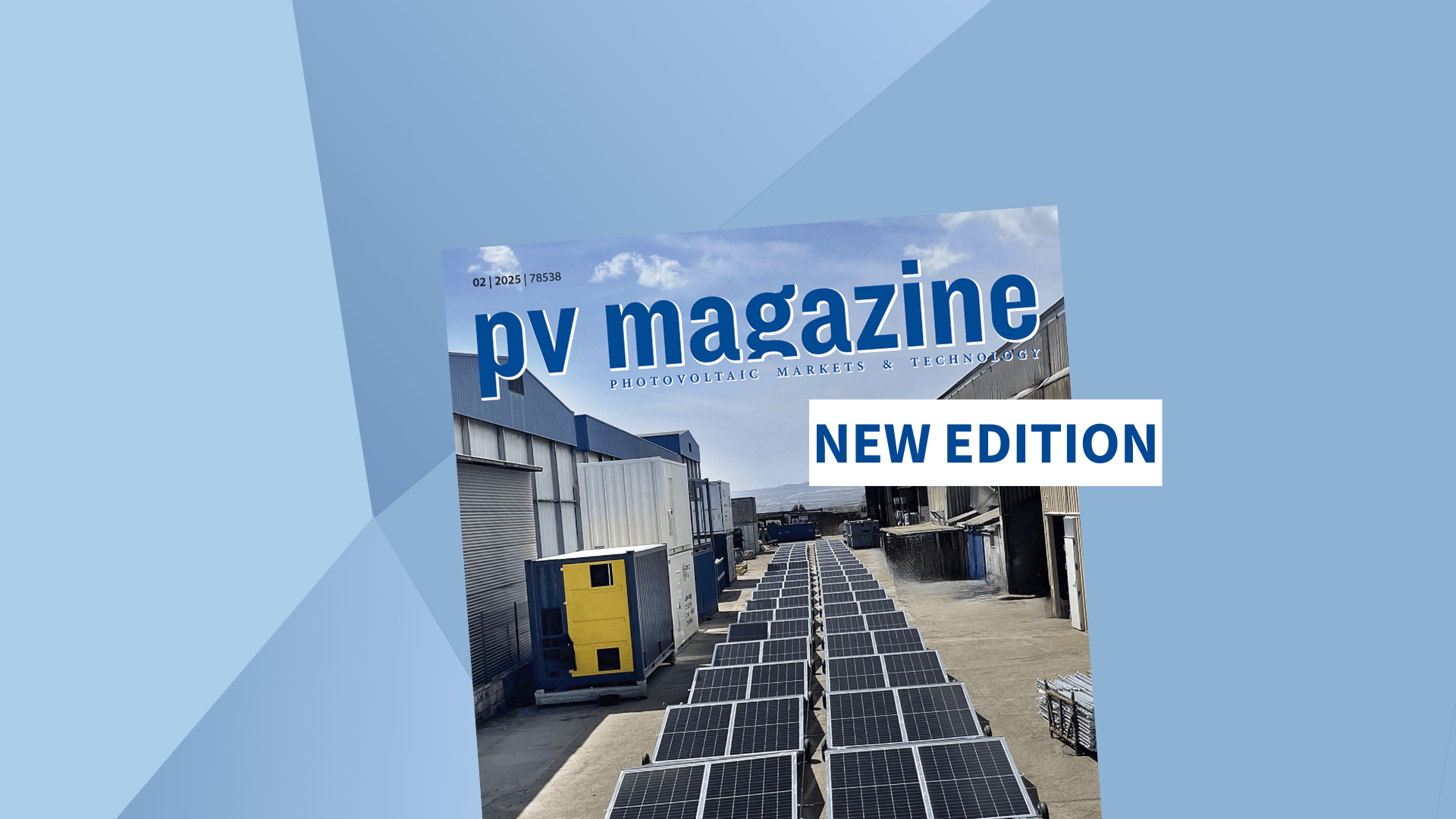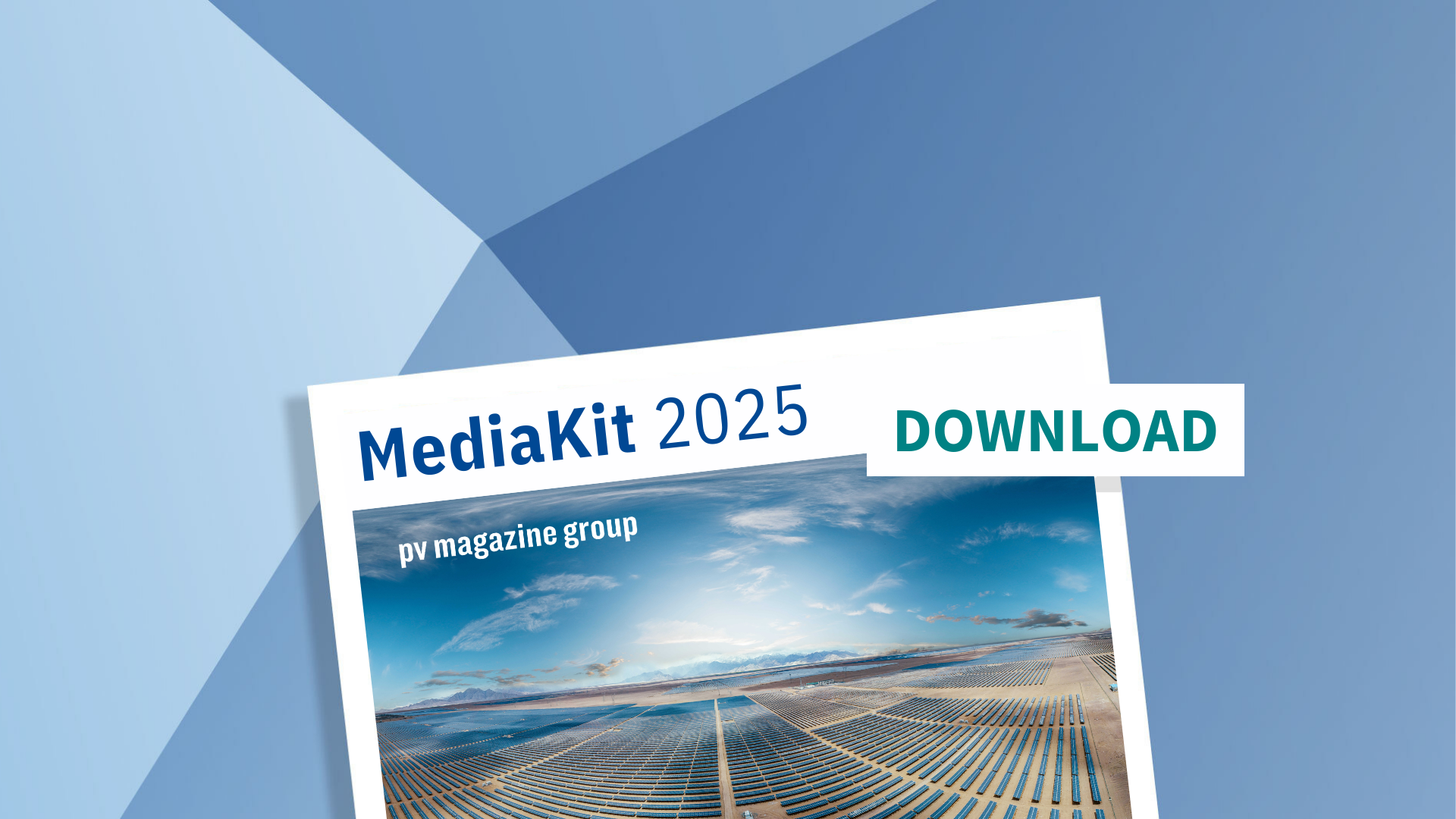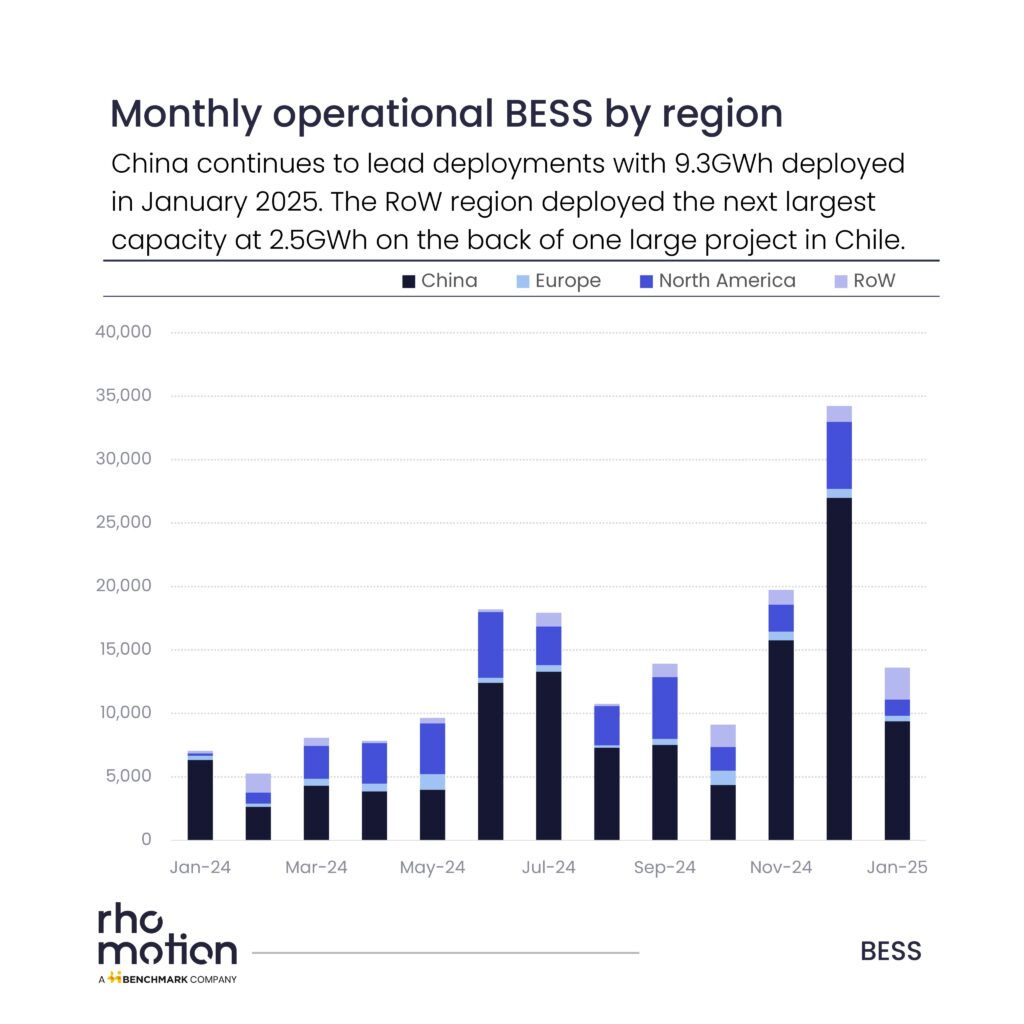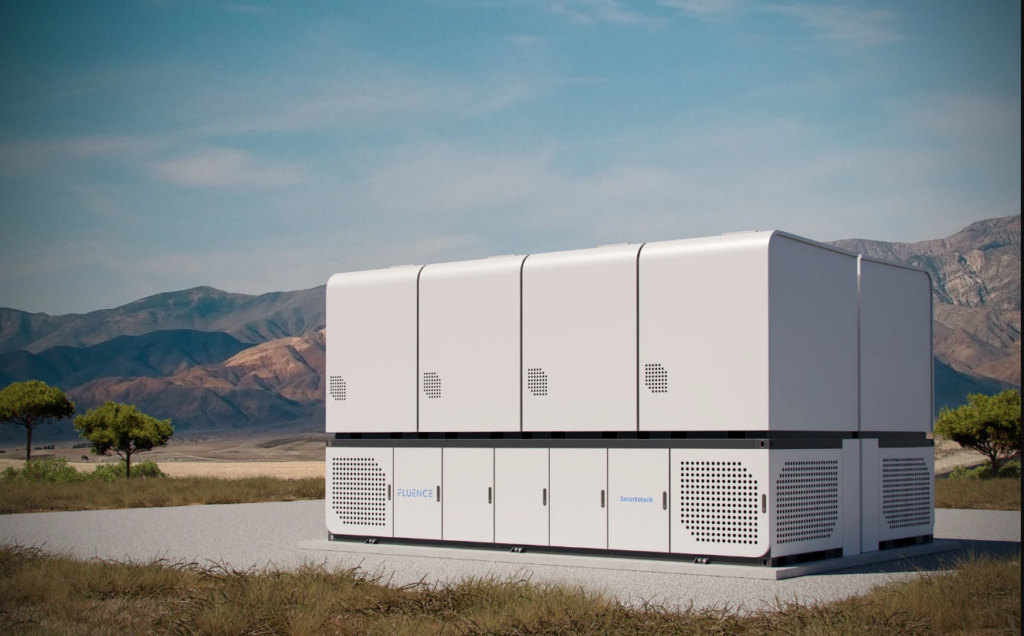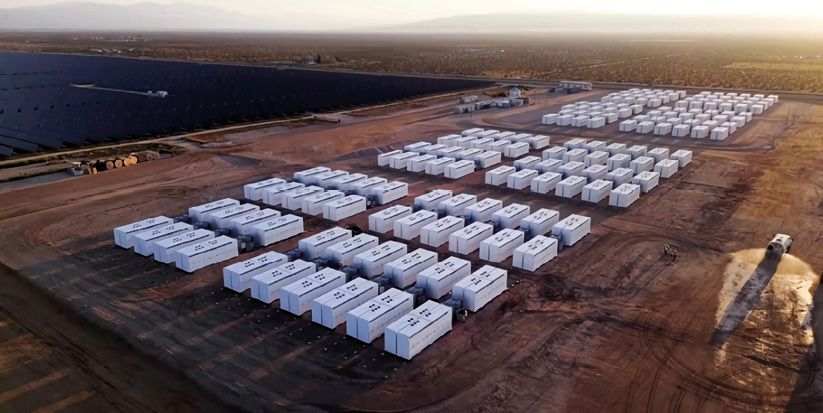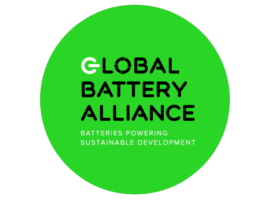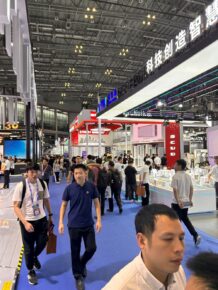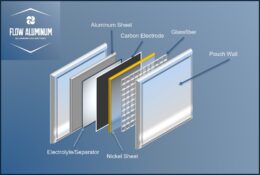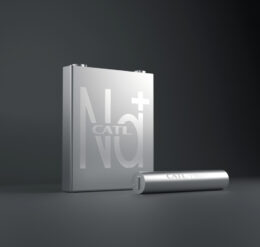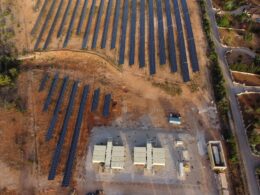New aluminum-ion battery with unprecedented long cycle life

The environmentally friendly and high-safety aluminum-ion batteries have attracted much interest, but the extensive use of expensive electrolyte, strong moisture sensitivity, and severe corrosion of the Al anode have limited their commercial application.
Now, researchers at Beijing Institute of Technology, University of Science and Technology Beijing, and Lanzhou University of Technology have presented a new aluminum-ion battery that has shown exceptionally long cycling life due to a newly developed electrolyte.
The team added an inert aluminum fluoride salt to an Al-ion-containing electrolyte, turning it into a solid-state electrolyte. The aluminum fluoride salt has a 3D porous structure, allowing aluminum ions to easily hop across the electrolyte and increase conductivity.
They also used fluoroethylene carbonate as an interface additive to create a thin solid coating on the electrodes to prevent the formation of aluminum crystals that degrade battery health.
The battery’s moisture resistance as well as physical and thermal stability were enhanced, allowing it to withstand repeated jabs from a sharp object and temperatures as high as 392 degrees Fahrenheit.
The solid-state Al-ion battery cells demonstrated an exceptionally long life, lasting 10,000 charge-discharge cycles with an average Coulombic efficiency of more than 99%.
Moreover, up to 80% of the aluminum fluoride could be recovered with a simple wash and then recycled into another battery with slightly diminished performance, the researchers reported.
“This new Al-ion battery design shows the potential for a long-lasting, cost-effective and high-safety energy storage system. The ability to recover and recycle key materials makes the technology more sustainable,” says Wei Wang, one of the lead researchers. The researchers add that further improvements in energy density and life cycle are needed before commercialization.
Their findings are discussed in A Recyclable Inert Inorganic Framework Assisted Solid-State Electrolyte for Long-Life Aluminum Ion Batteries published in ACS Publications.

